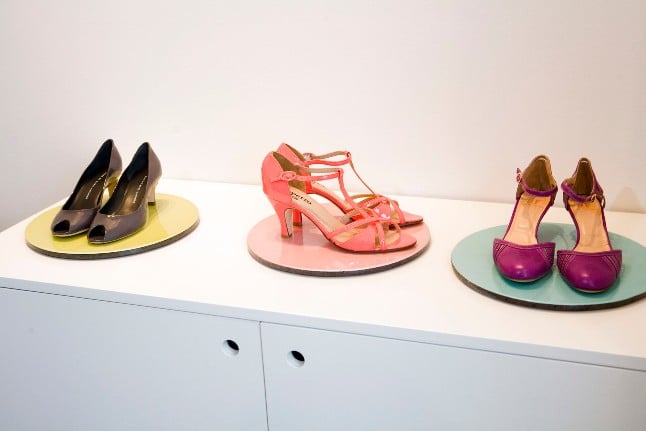The factory, in Örnsköldsvik, northern Sweden, had nearly 21,000 imported sandals sitting in their basement for five years until Stockholm’s district court made the decision on Tuesday that the shoes must be destroyed, according to Sveriges Radio (SR).
The court claimed that the shoes, which were to be sold under the brand name of “Hoppet” were too similar to the popular light-weight sandals “Crocs” and that the shoes could not be sold in Sweden.
Outraged workers have claimed that the shoes should be sent somewhere that could make use them, rather than seeing a good product put to waste.
“It’s really sad to see such a waste of well-functioning footwear,” said Lennart Eriksson, spokesman of Hoppet told SR.
“You can’t just dump 20,000 pairs of shoes somewhere, it would be chaos.”
Eriksson suggested that the shoes could be put to good use in a country such as Latvia, as he explains that such a “truly poor” country may have a need for them, wrote SR.


 Please whitelist us to continue reading.
Please whitelist us to continue reading.
Member comments